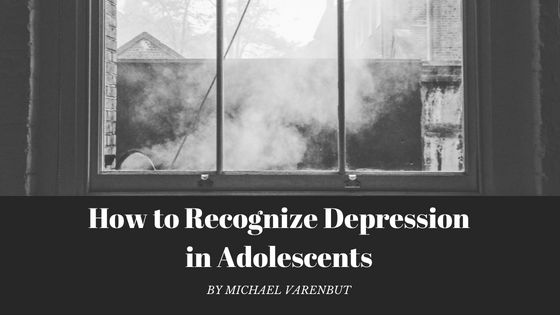Depression affects millions of people each year, globally 300 million people suffer from at least some form that range from bipolar disorder to anxiety. (HealthTalk.Org) Depression in adolescents is not as easy to diagnose because it is usually left untreated due to lack of knowledge and understanding of how depression works and changes your chemical balance in a non fully developed brain. If you have adolescent children or friends, here are some ways to recognize depression in them, and get them immediate help.
Having negative and suicidal thoughts
Negative and suicidal thoughts are the most recognizable trait in someone that suffers from depression. If you know someone who has threatened to harm themselves, please seek immediate help, or have them contact the National Suicide Prevention Lifeline at 1 (800) 273-8255, or, in Canada, 1 (888) 353-2273.
Not having interest in activities that were once very important in one’s life
This is another sign to look for. If a young adult no longer finds joy in the things that have once made them happy. Many young adults will stray away from sports, friends, family and activities; this is a clear indicator that they are having a hard time finding themselves in things that they used to love.
Lacking motivation
When thinking about a lack of motivation, we don’t want to confuse this with laziness. Many adolescents have lazy traits because they have not developed into adults yet. This is not the usual refusal to do their chores, this is a refusal to get out of bed in the morning. Lacking motivation may seem very common in a young adult, but if they are having a hard time getting out of bed, going to school, or even doing daily activities, it may be time to have them talk to a professional.
Lack of energy and fatigue
Young adults who sleep all day, and do not want to be bothered with the world may suffer from a form of depression. As an adolescent it is more common for you to want to enjoy your days at school, and nights out with friends than it is to want to be in bed sleeping. Chronic fatigue is a main indicator of an adolescent that is suffering from depression.
Changes in appetite
If you notice that someone no longer wants to eat, or takes pleasure in enjoying a family meal, this may indicate that the young adult is having some feelings of anxiety and/or depression. Changes or loss of appetite are very common in young adults who are suffering from depression. Both extreme weight gain, and weight loss are both recognizable traits.
If you know someone who is experiencing one or many of these signs and symptoms please do not hesitate to get them help, suffering from depression can be life threatening and should be treated by a professional.

